---
Women are actually dominating the realm of sustainable fashion – there are more female designers and ethical shop owners in this space than males. But it’s not only the area of design and retailing that we’re ruling: women have also been key to discovering new technologies and innovations to help push ethical fashion into the forefront.
We think it’s always a good time to laud the accomplishments of women – and now, we’d like to celebrate 5 highly influential women in ethical fashion.
1. Laboni Saha
Eluxe is the world’s first ever sustainable fashion publication. And one of the first ever sustainable fashion brands we came across was L Saha.
Tis is the British based label that belongs to Laboni Saha. She’s an extraordinary designer, originally from Kolkata. In each of her pieces, she coalesces her origins through Indian artistry and style, and mixes in the cosmopolitan flair of London.
Saha proudly displays the sustainability of each garment she makes on her website. This could include, for example: transparent supply chains, handmade, or fair policies. Recently, she has boasted that 100% of her jewellery line is made of upcycled materials. She also ‘recycles’ her collections. For example, a 2024 fashion show may feature pieces created in say, 2017. This also demonstrates the timelessness of her work.
She’s also one of our favourite sustainable fashion designers for her attention to detail, innovation, and gorgeous draping. We also love her feminine touch, delicate fabrics, and keen attention to detail. These garments are designed to last in your closet for decades to come.
In a nutshell: L Saha is one of the first ever independent fashion brands focused on sustainability.
2. Carry Somers & Orsola de Castro
After the Rana Plaza disaster, many people in ethical fashion circles became distraught. They wondered how we could prevent such a tragedy from ever happening again. Ultimately, the majority of those concerned ended up doing nothing, or making small changes. But Carry Somers was different.
She felt the Rana Plaza event was a call to arms, and created the idea for Fashion Revolution Day a short time after the disaster. The concept came to her in the bath, and she was so excited by it, she jumped out of the tub and emailed the one woman she thought could advance the idea better than anyone else she knew: Orsola de Castro.
Orsola was the co-founder of Estethica at London Fashion Week and also the co-founder of From Somewhere, an ethical fashion label.
Today, the duo are the brains behind Fashion Revolution, the movement that has made millions of consumers ask: #WhoMadeMyClothes. Together, they have raised awareness of the importance of an ethical supply chain more than any others. And that’s why they’re both considered two of the most influential women in ethical fashion.
In a nutshell: These two women are true revolutionaries, and were amongst the first to draw attention to the need for ethical fashion.
3. Stacy Flynn: the CEO of Evrnu
In 1760, a chemist called Antonie Lavoisier stated that: “Nothing is lost, nothing is created, and everything is transformed”. Stacy Flynn, the CEO of Evrnu has truly taken these words to heart.
Evrnu’s aim is to transform, thanks to Fiber Technology, already existing textile waste. They make it into pristine new fibres to be used for clothing, again and again.
Textile waste is rapidly growing, as our natural resources are quickly disappearing. In fact, by 2030, the world will only have 60% of the water needed to support the human race. And when you know that it takes 700 gallons of water to make just one cotton t-shirt, you know something has to change.
That’s why Stacy Flynn is one of our top women in ethical fashion. When consumers purchase a product made with Evrnu, they’ll know they’re doing their part to help protect the earth and decrease the 14 million tons of textile waste that’s created in the U.S alone, every year.
In a nutshell: Flynn’s company creates upcycled fabrics for the fashion industry.
4. Julia Daviy, 3D Printing Pioneer
With a background in environmental science and a decade of work experience implementing cleaner manufacturing and renewable energy projects in the clean tech industry, Julia Daviy always dreamed of combining her love of tech with her love of fashion.
She halfway did this with her first fashion project. It was a brand of activewear – but made of organic textiles. Though it wasn’t very tech-based, this experience helped Julia realise something. Namely, that the current fashion production model is riddled with ecological issues.
These problems lie mainly surrounding the garment production process. So, to avoid these, she investigated technologies which would permit her to radically decrease waste. Much to her delight, she also learned she could simultaneously shorten the supply chain’s CO2 impact, and make manufacturing transparent and traceable. How so? Through industrial 3D printing.
Together with her partner, she created New Age Lab in Miami. Using re-engineered 3D printers, the duo experimented with various types of additive manufacturing and materials. In 2018 at NYFW, Julia presented her first wearable and flexible 3D clothing collection made entirely on large-format 3D printers.
Although some criticise 3D printed clothing for using plastic, Daviy is adamant that the process can indeed be eco friendly. “We have tested nylon materials for 3D printing sourced from recycled ski boots and fishnets. We even have some our handbags made of these materials. This is another great way to recycle waste,” she says.
She also points out that her 3D printing technique offers many benefits, including:
- transparency and traceability
- local manufacturing
- the end of deadstock, as only what is ordered is printed
- energy efficiency
- social benefits
And we’d have to agree. And that’s why Julia made it to our list of the top women in ethical fashion today.
In a nutshell: Julia is a 3D printing fashion trailblazer.
5. Carmen Hijosa, Founder of Piñatex
In 2006, a partnership gathering the Women’s Forum for the Economy and Society, the luxury house of jewellery Cartier, INSEAD business school and the global management consulting firm McKinsey & Company set out to support female entrepreneurs from all over the world.
Six businesswomen were to be selected from each continent. The aim? To promote their companies, gain media visibility, and to have opportunities to access funds and business coaching.
And one of the winners of this selection was Carmen Hijosa.
Her idea to create a new, natural textile made from pineapple leaf fibres. The concept caught the judges’ attention. And that’s how Carmen launched her company, Ananas Anam, producers of Piñatex.
Today, Piñatex is arguably the world’s favourite ecological leather substitute.
But the best part? Carmen and Piñatex have inspired others to create vegan leathers from other plant based waste, like cactus, grapes and bananas. Carmen is truly a legend, and one of the most important women in ethical fashion by far.
In a nutshell: Carmen has kicked off a fast-growing revolution in the eco-friendly vegan leather industry.

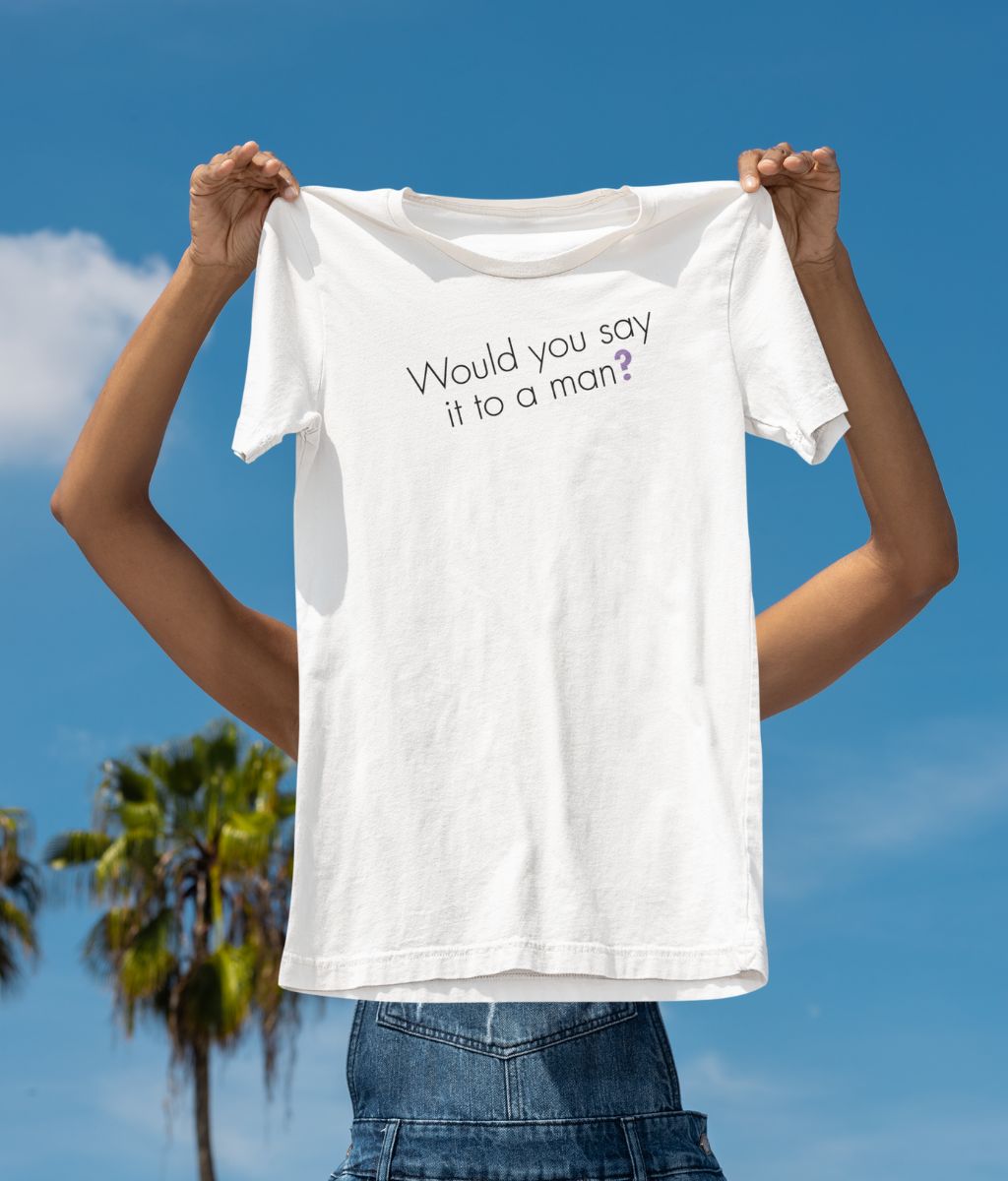
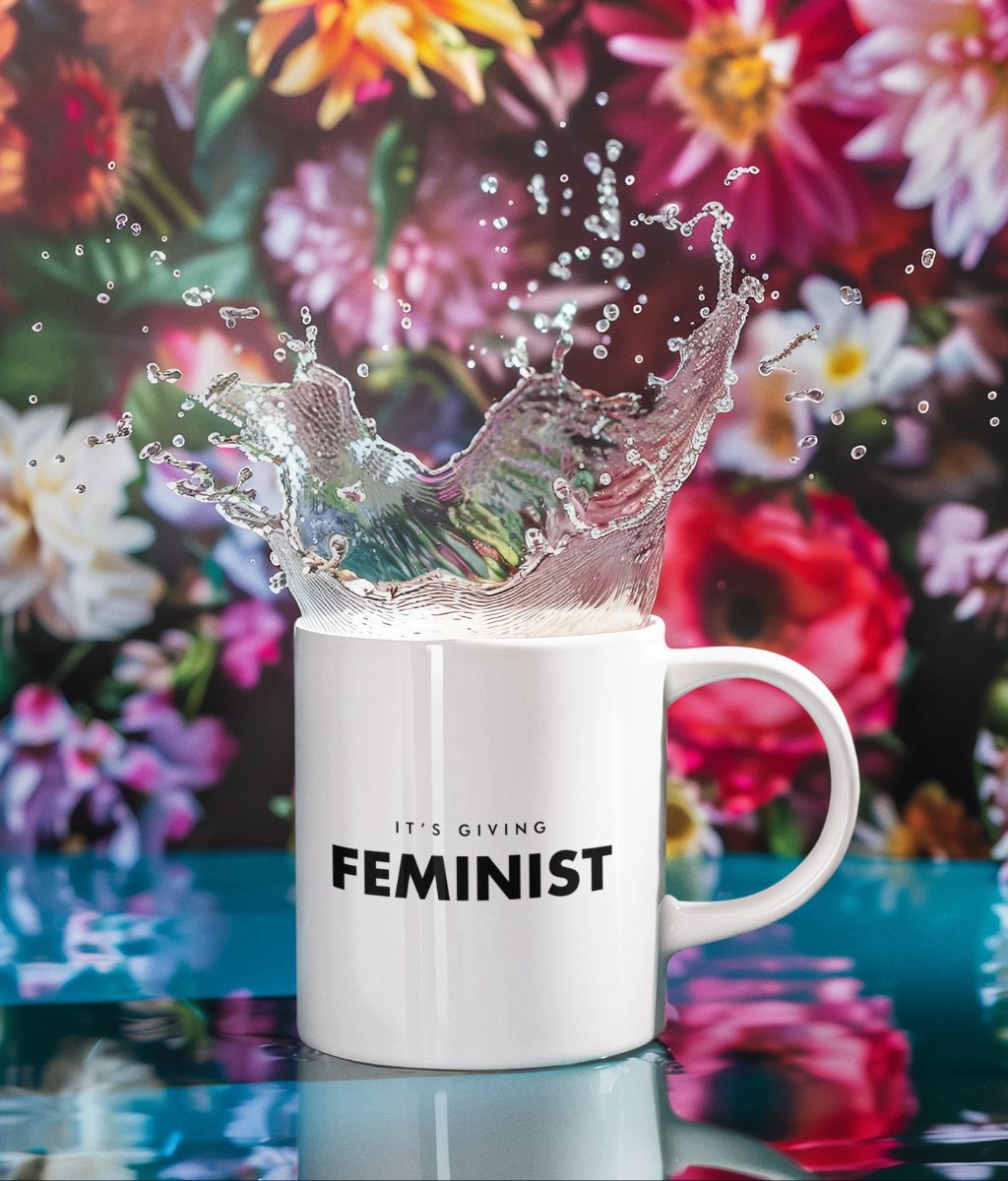

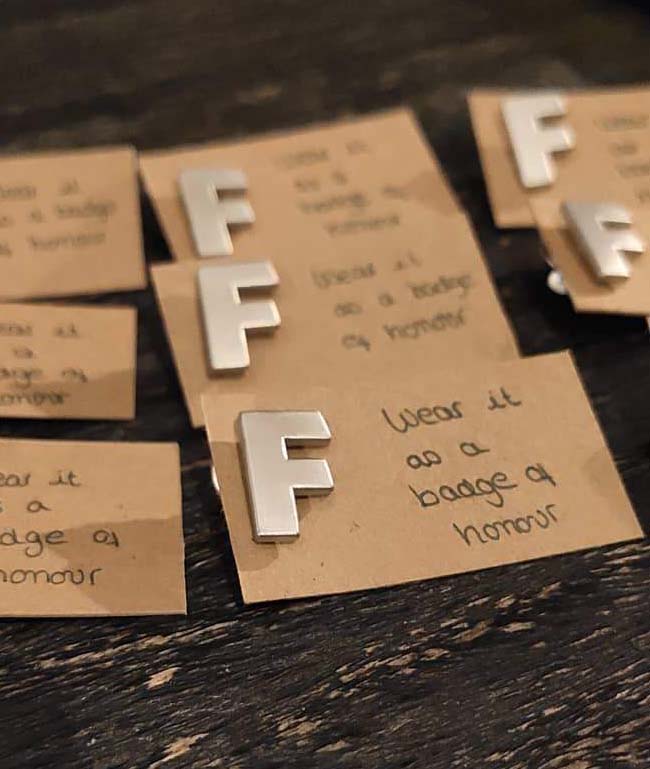
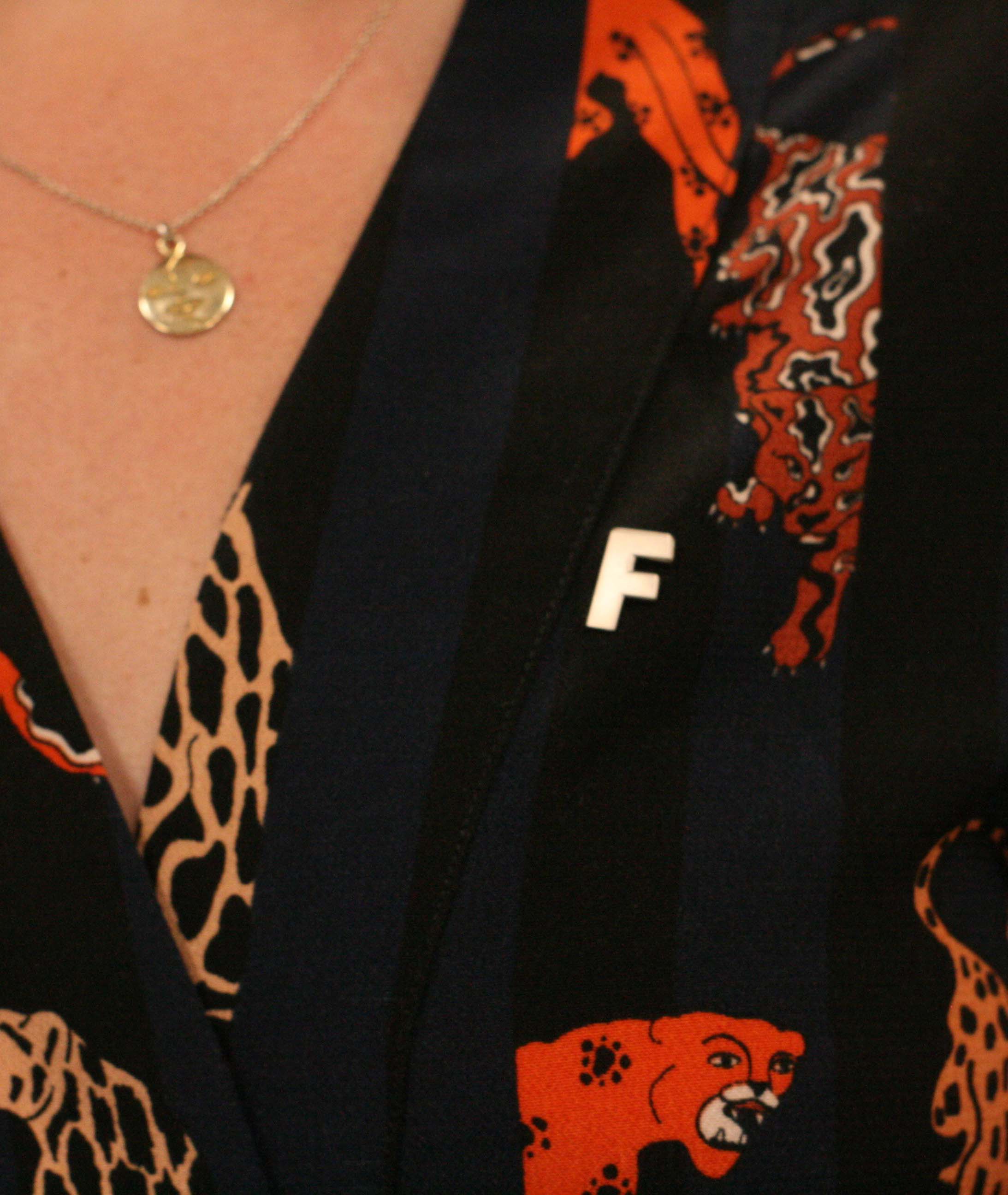
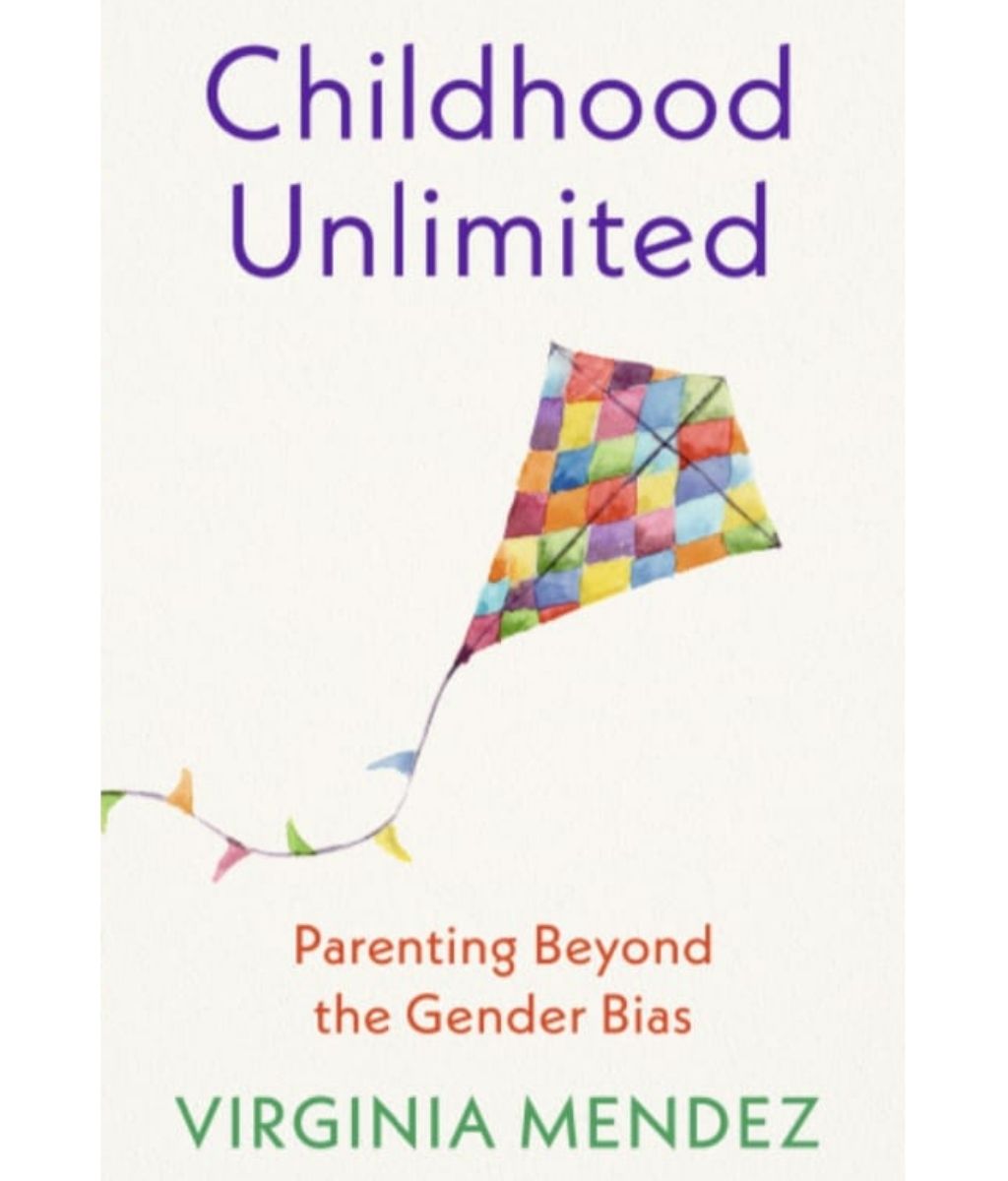
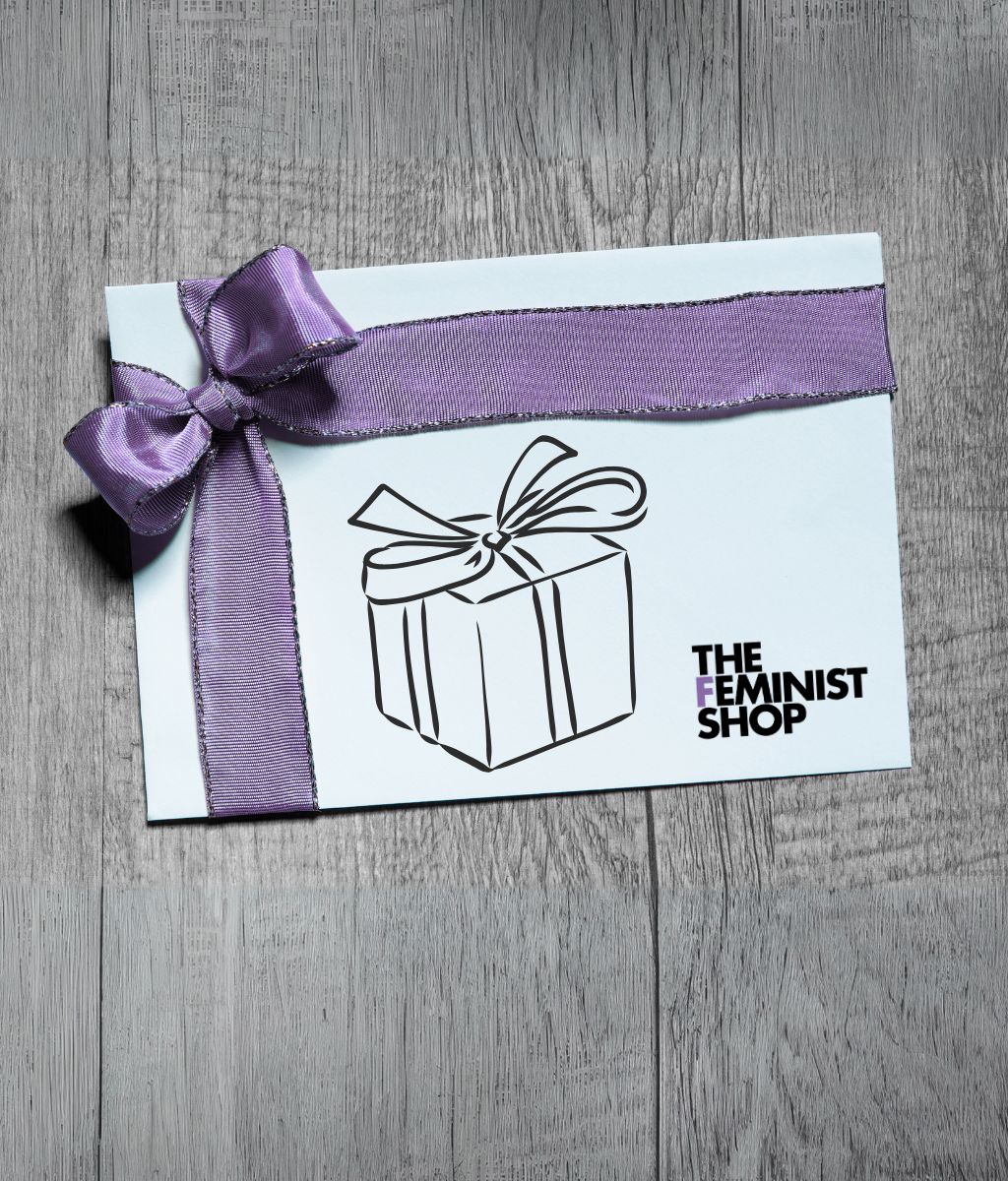
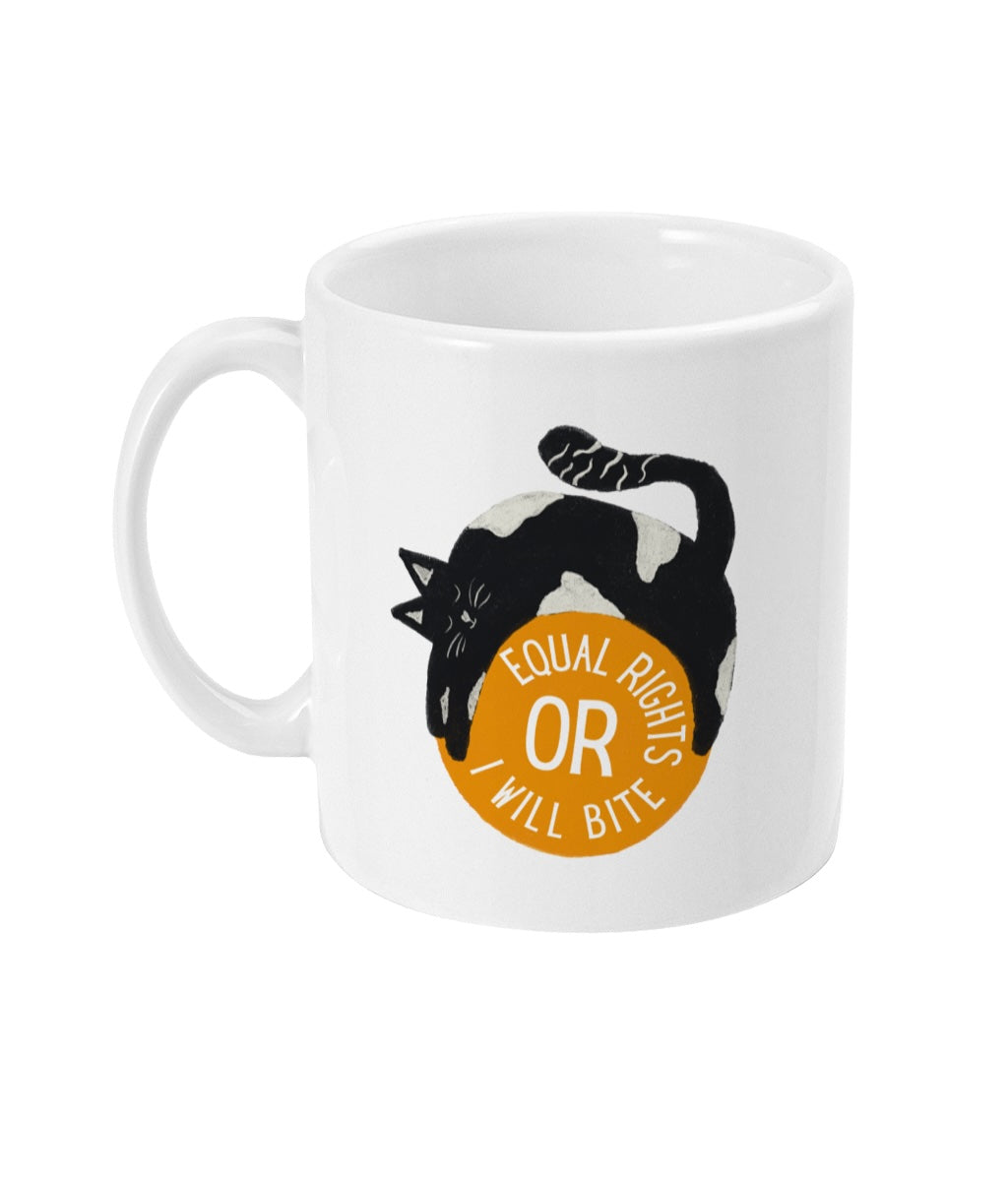
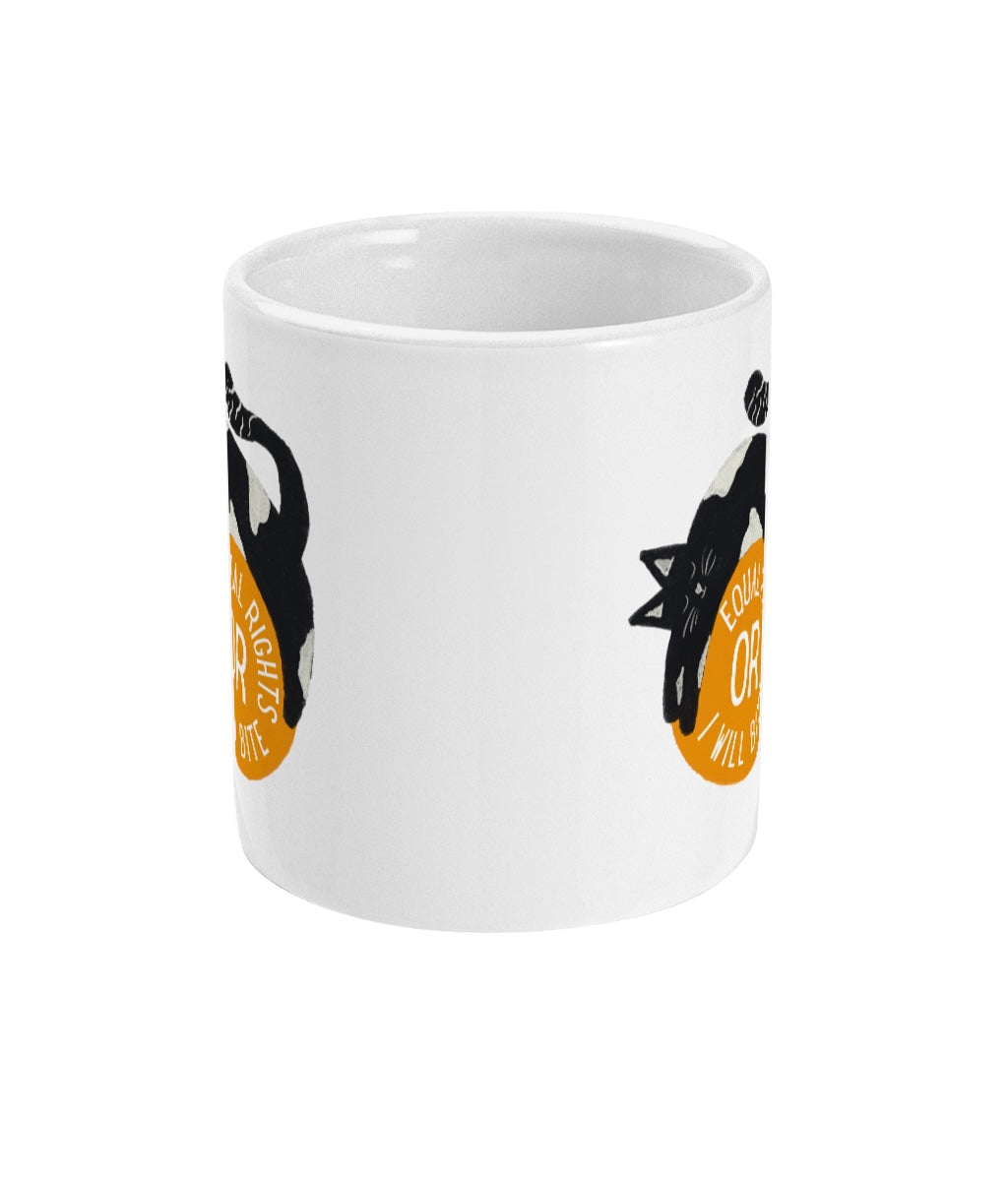
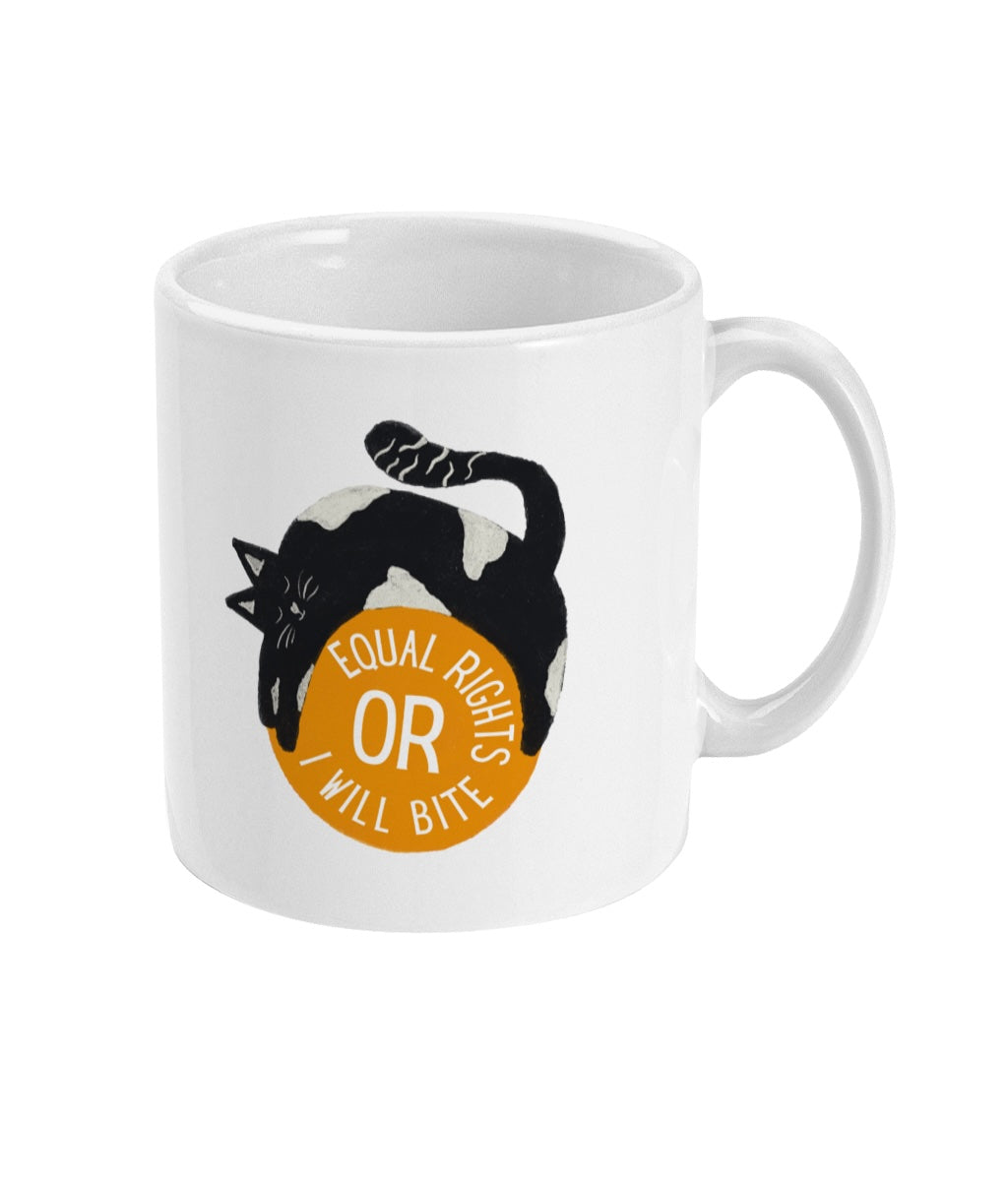
0 comments